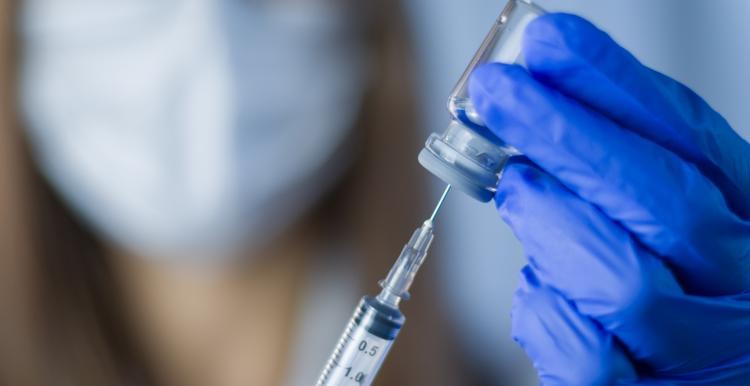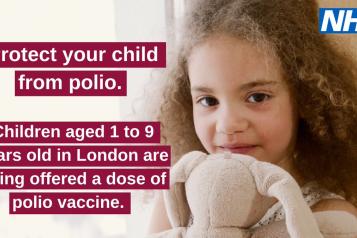Worried about monkeypox?

Monkeypox is a rare illness caused by the monkeypox virus and one of the symptoms is a rash that is sometimes confused with chickenpox. It is usually associated with travel to Central or West Africa but cases have been occurring in England with no travel links.
Monkeypox can be spread when someone comes into close contact with an infected person. The virus can enter the body through broken skin, the respiratory tract or through the eyes, nose or mouth.
If you get infected with monkeypox, it usually takes between five and 21 days for the first symptoms to appear. Symptoms include fever, headache, muscle aches, backache, swollen lymph nodes, chills and exhaustion.
A rash can develop, often beginning on the face, then spreading to other parts of the body. The rash changes and goes through different stages - a bit like chicken pox - before finally forming a scab, which later falls off.
The virus can spread if there is close contact between people through:
· touching clothing, bedding or towels used by someone with the monkeypox rash
· touching monkeypox skin blisters or scabs
· the coughs or sneezes of a person with the monkeypox rash
Recent cases have been detected in gay, bisexual and other men who have sex with men. This group in particular is advised to be alert to any unusual rashes or lesions on any part of their body, especially their genitalia, and to contact a sexual health service if they have concerns.
Signs and symptoms
• Recent unexpected/unusual spots, ulcers or blisters anywhere on your body
• Fever
• Muscle aches
• Chills and exhaustion
• Headaches
• Swollen glands
Anyone with concerns that they could be infected should see a health professional but make contact with the clinic or surgery ahead of a visit. NHS 111 can also give advice.
Pre-exposure vaccination is now being offered to those at highest risk. Find out more
Contact a sexual health clinic if you have a rash with blisters and you’ve been either:
• in close contact, including sexual contact, with someone who has or might have monkeypox (even if they’ve not been tested yet) in the past 3 weeks
• to West or Central Africa in the past 3 weeks
Tell the person you speak to if you've had close contact with someone who has or might have monkeypox, or if you've recently travelled to central or west Africa.
Do not go to a sexual health clinic without contacting them first. Stay at home and avoid close contact with other people until you've been told what to do.
Your call or discussion will be treated sensitively and confidentially.
If you are not able to contact a sexual health clinic you should call 111.
Your questions answered:
Is monkeypox treatable?
Treatment for monkeypox is mainly supportive, but newer antivirals may be used. The illness is usually mild and most of those infected will recover within a few weeks without treatment. High quality medical and nursing supportive care will be provided to individuals to manage symptoms.
What is the death rate for monkeypox?
The disease caused by monkeypox is usually mild and most of the infected will recover within a few weeks without treatment. However, severe illness can occur in some individuals and those with underlying conditions such as severe immunosuppression.
There are different strains of monkeypox virus in different parts of Africa. The cases confirmed recently in England have been a strain found in West Africa, which is known to be associated with less severe disease. No fatal cases occurred in an outbreak of monkeypox in the USA in 2003 which came from West Africa.
Is there a vaccine available for monkeypox and will people be offered this?
There isn’t a specific vaccine for monkeypox, but vaccinia (smallpox) vaccine does offer some protection. Some individuals with higher level of exposures are being offered this smallpox vaccine.
What is the risk to the public?
This is a rare and unusual situation. UKHSA is rapidly investigating the source of these infections because the evidence suggests that there may be transmission of the monkeypox virus in the community, spread by close contact.
Monkeypox remains very rare in the UK and the risk to the general public remains low. UKHSA and the NHS have well established and robust infection control procedures for dealing with cases of imported infectious disease and these will be strictly followed.

